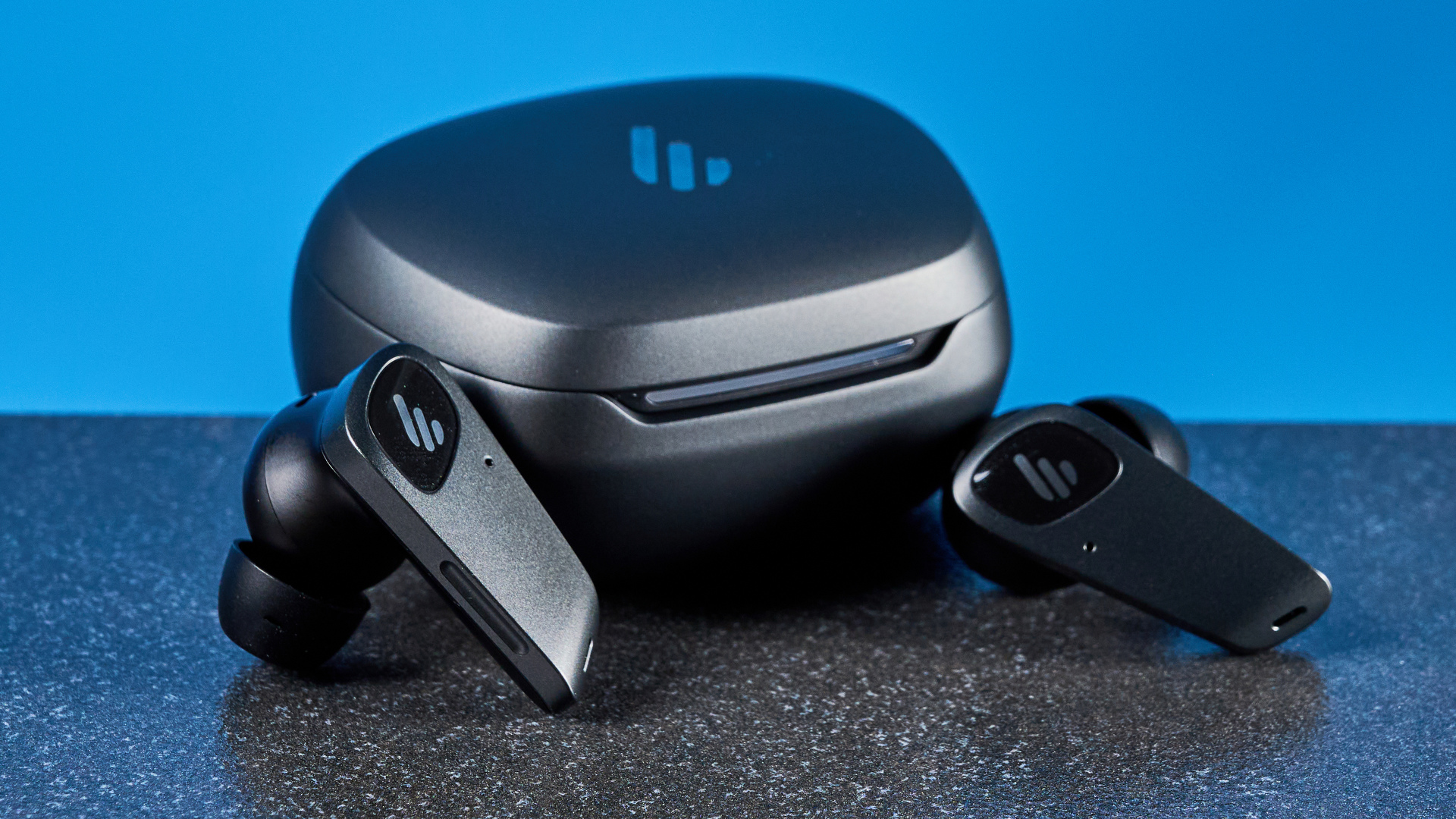The Apple-Qualcomm War Is Over, Clearing the Way for a 5G iPhone
The two companies announced a settlement in a long-running dispute that could clear the way for iPhones to resume using Qualcomm-built modems.
And just like that, the patent dispute between Apple and Qualcomm is over.

CNBC is reporting today (April 16) that the two companies have reached a settlement in their legal battle over royalty payments. The agreement comes just as a major trial was getting underway in U.S. that was set to decide just how much Apple needed to pay Qualcomm for the modem technology in its smartphones.
According to CNBC's report, the settlement includes an undisclosed royalty payment from Apple to Qualcomm. The two companies also struck a chipset supply deal which seemingly clears the way for Apple to resume using Qualcomm modems in its iPhones.
Both Apple and Qualcomm confirmed the settlement in separate press releases, adding that the the license agreement runs for six years and includes a two-year option to extend.
Apple's most recent iPhones, including the iPhone XS, XS Max and XR, used modems from Intel as the company fought with Qualcomm over royalty payments. This legal settlement likely means that Apple could once again turn to Qualcomm for components in future phones, though it may be too late for the 2019 models.
The bigger implication is for Apple's efforts to build an iPhone that works with newly emerging 5G networks. Qualcomm already has a 5G modem, and it's appearing in phones like the upcoming Samsung Galaxy S10 5G. Apple reportedly was going to wait until 2020 to release a 5G-ready iPhone, though recent reports suggested that timetable was in doubt, as Intel might not have been able to supply enough 5G modems for a 2020 release date.
"It greatly accelerates Apple's ability to field a 5G iPhone," said Avi Greengart, lead analyst for research firm Techsponential. "That is still not likely until 2020 in the U.S., but it shouldn't slip beyond that. And it may give Apple the opportunity to sell 5G iPhones in China sooner."
Sign up to get the BEST of Tom's Guide direct to your inbox.
Get instant access to breaking news, the hottest reviews, great deals and helpful tips.
Reports had started circulating last year that Apple had been looking to build its own modems in-house, with reports as recent as February claiming that the company's hardware technology division was now overseeing the effort.
"This could mean that Apple ends its own program to build modems, but given Apple's desire for vertical integration, I doubt it," Greengart said. "More likely, this takes the pressure off and gives that team a longer timeframe."
This settlement puts an end to patent disputes that had raged around the globe, with Qualcomm scoring legal victories over Apple last year in China and Germany. Last month, Qualcomm won $31 million in damages when a jury rule that four iPhones released in 2016 and 2017 infringed on Qualcomm patents.
Philip Michaels is a Managing Editor at Tom's Guide. He's been covering personal technology since 1999 and was in the building when Steve Jobs showed off the iPhone for the first time. He's been evaluating smartphones since that first iPhone debuted in 2007, and he's been following phone carriers and smartphone plans since 2015. He has strong opinions about Apple, the Oakland Athletics, old movies and proper butchery techniques. Follow him at @PhilipMichaels.

